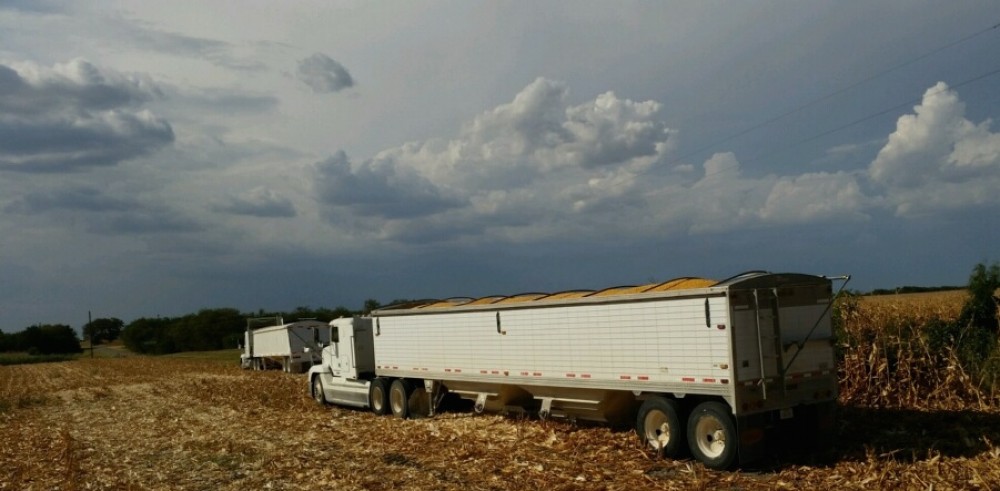More tornadoes spin as writer falters, while West Nile misses and allergic rhinitis assaults us.
Allergic rhinitis is not a type of rhinoceros. It is hay fever. In north Texas, the pollens are upon us. Warm weather, rains, thunder, winds and winter wheat harvests launch the microbes at our noses. At first, I thought I had West Nile fever, visited one of my doctors, told him I had been bitten by a mosquito, related that I was experiencing flu-like symptoms (headache, nausea, weakness and stuffy head) and directed to him a simple question: “Am I gone in three days.” (I am something of a hypochondriac and can over-react.) To his credit, the physician took me seriously, requested my blood and ordered the test (you can test for West Nile with a simple blood test). My concern with West Nile is that 99% of the people in Egypt have the Immunoglobulin G (referred to “ImG”) in their bloodstreams, which means that 99% of the persons in the country of Egypt have been bitten by an infected mosquito and survived the disease with little or no symptoms. That is the good news. Most people do not even know they have been infected by the West Nile virus, and most have no significant symptoms from the bite. A very small percentage – in the range of 0.1% of the remaining 1% or less — does. They develop things like meningitis, encephalitis and polio (all very serious disorders) and some (a very small percentage of that already very small group – so, really, there is very very little chance of this) die. That’s the problem. And, I had three of the four high-risk factors for possibly having a bad case: male (yes, males get West Nile fever and complications more often than females), over 55 (I know I look younger – thanks), and hypertension (high blood pressure, genetic in my family and nicely controlled, but still a risk factor). The fourth is a compromised immune system (e.g. from immune suppression drugs after an organ transplant). I do not have this one, but I have the first three and one more that wasn’t in the Internet articles – I live in the bulls-eye of the worst outbreak of serious West Nile consequences and deaths in the world last year: north Dallas, Texas. I was worried. If you have an active case of West Nile, you test positive for something called Immunoglobulin M (in doctor lingo, “ImM”); if you’ve had the virus in the past, the ImM floats away and ImG takes its place (and I think you are inoculated and can never get the disease again, even if bitten again, which is a lucky thing for all those people in Egypt). The phone rang. “Yes,” I answered. “You have no ImM or ImG,” the nurse read, and added: “Stay away from mosquitoes.” Hurray, and I have.
But, not the tornadoes. They’ve been south of us, across the Czech and German farmlands of north Texas; and north of us, across the state of Oklahoma. Many have lost their homes and some have died – including, sadly, some elementary school children in a suburb south of Oklahoma City. I do not make light of the tornado’s spin and the devastating consequences of its path. It is difficult to write these words without stopping and wiping a tear. Our thoughts and our prayers reach to all those affected. Even with the best of our technology, the wild storms are not predictable. They churn the air and touch to ravage the ground, and those few who can’t avoid their march often suffer terrible consequences. And I sit and complain of allergic rhinitis. I do no more and will treat the symptoms and be thankful I can do that with minor discomfort and small loss of sleep. I blame the tornadoes. They have stirred the atmosphere, born high the dusts and pollens, and fanned those antigens hard at our respiratory systems. Still, I complain no more. These things will pass. As will their more serious effects. It is a small aphorism that time heals all things. I know this, but the healing for a wrecked home and a small child’s life leaves a grief I feel never leaves while we abide here in this life, nor should it. A friend, who had lost someone dear, once told me, after reading all the books on grief and after hearing friends tell him to stop grieving, his response became and is yet: “Thank you, but don’t tell me how to grieve or when to stop grieving — my grief is my own.” So it should be. I think the memories of loved ones lost and dear pasts held close should never really leave us, but stay to lend us strength and quicken our resolve to lend our hands to help others find their way from trouble’s grasp.
Thank you. This has helped. I feel better. And, I will continue to do what I love best while energy and pen lend their support. Stop by anytime, and thank you for caring.
Grandpa Jim
